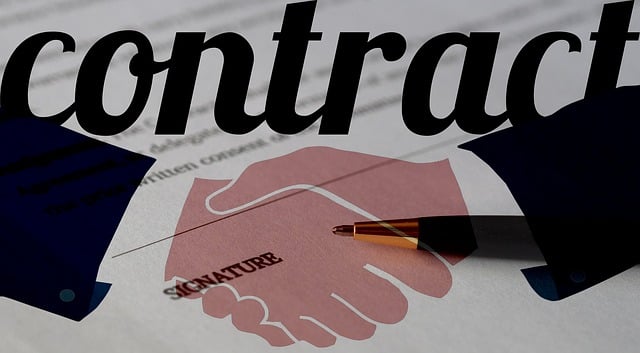- Understanding Notary Malpractice: Risks and Potential Consequences
- The Role of Professional Liability Insurance in Protecting Notaries
- Unraveling Notary Responsibilities: Acts, Duties, and Legal Obligations
- Benefits of a Notary Bond: Ensuring Adherence to Standards and Regulations
- Navigating Notary Claims: Strategies for Mitigating Legal Liability
Understanding Notary Malpractice: Risks and Potential Consequences

Notary malpractice refers to instances where a notary public fails to fulfill their legal and ethical responsibilities, leading to potential harm or loss for those relying on their services. These duties encompass the accurate performance of notarial acts, such as document certification, and adherence to relevant notary laws and ethics guidelines. When malpractice occurs, individuals may face severe consequences, including financial loss, legal disputes, and damage to their reputation.
Risks can arise from various factors like errors in document preparation, incorrect information recorded, or neglect of critical steps during notarial processes. As such, notaries must be vigilant in managing these risks by understanding their notary responsibilities thoroughly. Obtaining liability insurance, specifically Errors and Omissions (E&O) coverage, is a proactive step to protect against potential notary claims. This insurance ensures that the notary and their business are safeguarded financially should any malpractice issues arise from their notarial duties.
The Role of Professional Liability Insurance in Protecting Notaries

Professional liability insurance, or Errors and Omissions (E&O) coverage, plays a pivotal role in safeguarding notaries from potential financial disasters stemming from their professional duties. This type of insurance is designed to protect against claims arising from errors, omissions, or negligences during notarial acts, such as document certification. When a notary fails to perform their duties accurately or ethically, leading to financial loss or harm for the parties involved, E&O insurance can help cover legal fees and damages awarded in subsequent lawsuits.
By insuring against these risks, notaries demonstrate a commitment to upholding both notary law and ethical standards. The coverage ensures that if a claim is made against them, they have the financial backing needed to navigate complex legal proceedings resulting from their notarial responsibilities. This proactive step is crucial for maintaining public trust in the integrity of document certification processes.
Unraveling Notary Responsibilities: Acts, Duties, and Legal Obligations

Notaries public play a pivotal role in legal transactions by certifying documents and administering oaths. Their responsibilities extend beyond mere documentation; they are bound by notarial acts, duties, and legal obligations that demand precision and integrity. These duties encompass a wide range of tasks, from verifying signatures on legal documents to ensuring the accuracy of information provided by signatories.
Notary malpractice can arise from various acts or omissions, leading to potential notary claims. This includes errors in document certification, failure to follow proper procedures, or breaching confidentiality. As such, notaries must stay informed about relevant notary law and ethical standards to fulfill their legal liability effectively. Investing in liability insurance, like Errors and Omissions (E&O) coverage, serves as a strategic safeguard against unforeseen notary claims, thereby reinforcing the public’s trust in their professional services.
Benefits of a Notary Bond: Ensuring Adherence to Standards and Regulations

A notary bond serves as a powerful tool to safeguard both notaries and their clients by ensuring adherence to legal standards and regulations. Unlike liability insurance, which protects against claims of negligence or errors in notarial acts, a bond is a contractual agreement that guarantees the notary will faithfully execute their duties as outlined by notary law and notary ethics. This financial assurance provides peace of mind, knowing that any deviation from accepted practices or failure to uphold notary responsibilities will have consequences.
When a client signs a document certified by a notary, they trust that the notary has fulfilled their duties accurately and ethically. A bond reinforces this trust, acting as a safety net against potential notary claims. It ensures that if a mistake is made or a duty is neglected, the bond company will cover the costs associated with legal defense and any damages awarded, protecting the notary’s personal assets and financial stability.
Navigating Notary Claims: Strategies for Mitigating Legal Liability




